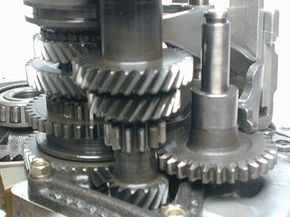Identifying the exact cause of the noise your car is making can require some detective work. It's important to note when the noise occurs, its type, and any other symptoms the vehicle may be experiencing. For many of these issues, a visual inspection can reveal wear and damage, but some problems may require the expertise of a mechanic. Regular maintenance and timely repairs are key to preventing minor issues from becoming major concerns.
In conclusion, if your car makes noise in reverse, it's a sign that something may be amiss. Whether it's worn brake pads, gear issues, differential problems, exhaust system damage, or worn engine mounts, addressing the noise promptly can prevent further damage to your car. Regular checks and maintenance by a qualified mechanic can help keep your car running smoothly and quietly, ensuring a safer and more enjoyable driving experience.
